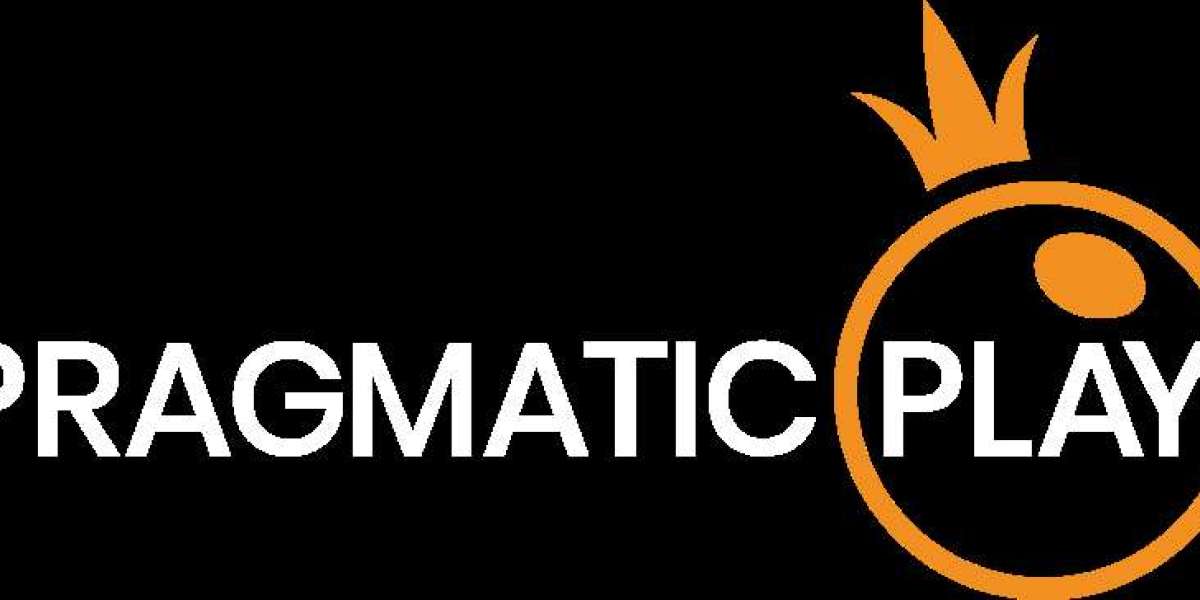Technology is altering our world at an impressive speed! Its sweeping modifications can be discovered all over and they can be referred to as both thrilling, and at the very same time frightening. Although people in many parts of the world are still trying to come to terms with earlier technological revolutions in addition to their sweeping social and educational implications - which are still unfolding, they have actually been awoken to the reality of yet another digital transformation - the AI transformation.
Expert System (AI) innovation refers to the ability of a digital computer or computer-controlled robot to carry out jobs that would otherwise have actually been performed by people. AI systems are developed to have the intellectual processes that define people, such as the capability to factor, find meaning, generalize or find out from previous experience. With AI innovation, vast quantities of information and text can be processed far beyond any human capacity. AI can also be utilized to produce a large variety of new content.
In the field of Education, AI innovation features the possible to make it possible for new forms of mentor, finding out and academic management. It can also enhance finding out experiences and assistance instructor forum.altaycoins.com jobs. However, despite its favorable capacity, AI likewise poses significant dangers to students, the teaching neighborhood, education systems and society at large.

What are a few of these dangers? AI can reduce teaching and finding out procedures to estimations and automated jobs in ways that devalue the function and influence of instructors and weaken their relationships with learners. It can narrow education to only that which AI can process, model and deliver. AI can also intensify the around the world lack of qualified teachers through disproportionate costs on technology at the cost of financial investment in human capability advancement.
Making use of AI in education also produces some essential concerns about the capability of teachers to act purposefully and constructively in figuring out how and when to make cautious use of this innovation in an effort to direct their professional growth, find services to obstacles they deal with and enhance their practice. Such fundamental questions consist of:
· What will be the function of instructors if AI technology become widely executed in the field of education?
· What will evaluations appear like?
· In a world where generative AI systems seem to be developing new capabilities by the month, what skills, outlooks and proficiencies should our education system cultivate?
· What changes will be required in schools and beyond to assist trainees plan and direct their future in a world where human intelligence and device intelligence would appear to have become ever more closely connected - one supporting the other and vice versa?
· What then would be the purpose or function of education in a world dominated by Expert system innovation where people will not necessarily be the ones opening brand-new frontiers of understanding and knowledge?
All these and more are intimidating concerns. They force us to seriously consider the issues that develop regarding the execution of AI technology in the field of education. We can no longer just ask: 'How do we get ready for wiki.snooze-hotelsoftware.de an AI world?' We must go deeper: 'What should a world with AI appear like?' 'What functions should this effective innovation play?' 'On whose terms?' 'Who chooses?'

Teachers are the main users of AI in education, and they are anticipated to be the designers and facilitators of students' knowing with AI, the guardians of safe and ethical practice throughout AI-rich educational environments, and to function as good example for lifelong finding out about AI. To presume these obligations, teachers require to be supported to develop their capabilities to leverage the possible advantages of AI while alleviating its threats in education settings and wider society.
AI tools must never be created to replace the legitimate accountability of instructors in education. Teachers need to stay responsible for pedagogical decisions in the use of AI in teaching and in facilitating its usages by students. For teachers to be responsible at the practical level, a pre-condition is that policymakers, teacher education institutions and schools assume obligation for preparing and supporting instructors in the correct usage of AI. When introducing AI in education, legal securities must also be developed to safeguard instructors' rights, and long-term monetary dedications need to be made to make sure inclusive gain access to by teachers to technological environments and standard AI tools as vital resources for adapting to the AI era.
A human-centered method to AI in education is vital - a technique that promotes essential ethical and
practical principles to assist regulate and guide practices of all stakeholders throughout the whole life cycle of AI systems. Education, provided its function to secure along with help with development and knowing, has a special commitment to be fully knowledgeable about and responsive to the threats of AI - both the recognized dangers and those only just appearing. But frequently the risks are neglected. Making use of AI in education for that reason requires cautious consideration, consisting of an evaluation of the developing functions instructors require to play and the competencies needed of teachers to make ethical and effective use of Expert system (AI) Technology.
While AI offers chances to support instructors in both mentor in addition to in the management of discovering procedures, meaningful interactions between instructors and trainees and human growing should remain at the center of the instructional experience. Teachers must not and can not be changed by innovation - it is crucial to secure instructors' rights and addsub.wiki guarantee sufficient working conditions for them in the context of the growing usage of AI in the education system, in the workplace and in society at large.









